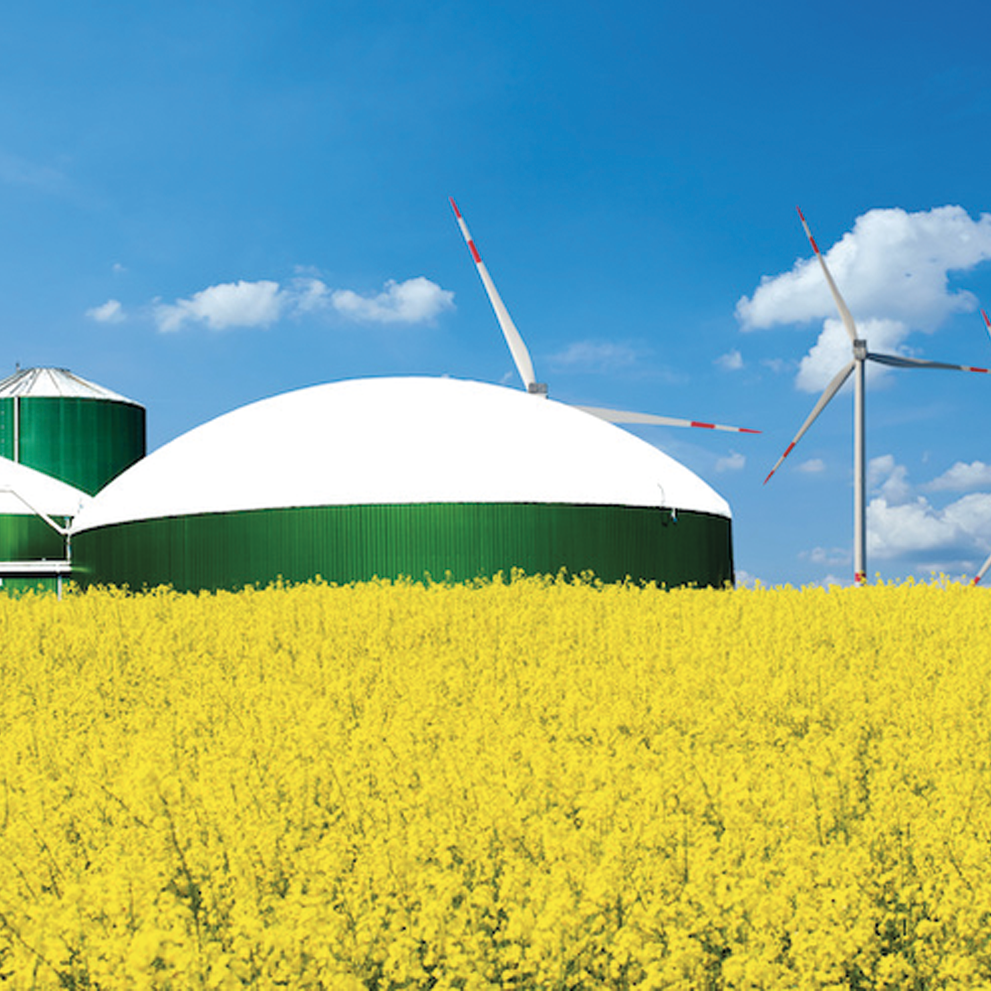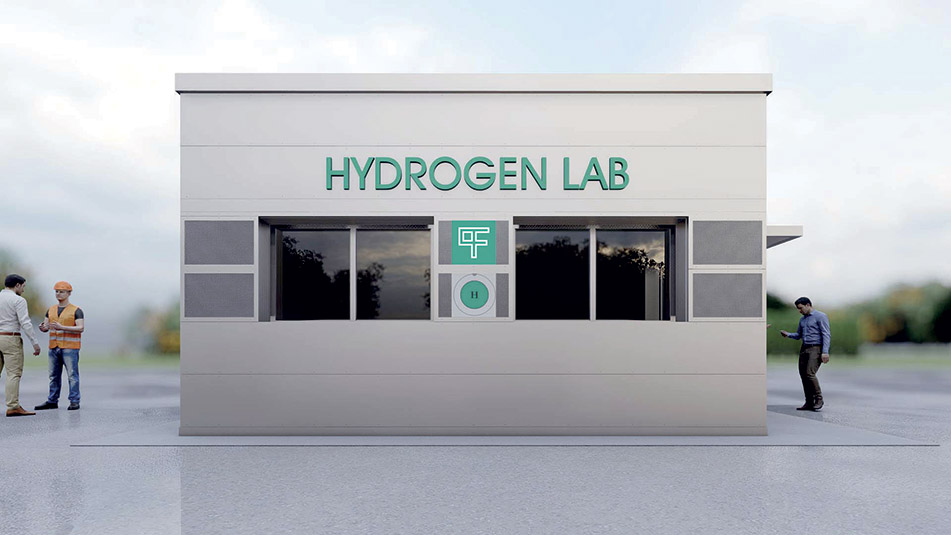
When lean management rhymes with innovation and sustainability
15 June 2021 - CorporateInterview to Mario Nardi, CEO of Pietro Fiorentini Group (original version in Italian language available on Salesforce blog).
Pietro Fiorentini is a Group that designs and realizes technologically advanced solutions for the entire natural gas supply chain, beginning with distribution networks. It is one of those companies that carry the name of Italy around the world, even if only a few know that – but surely the 2.400 employees located in over 30 production & business sites are well aware.
Pietro Fiorentini is undoubtedly one of the leading players in the energy trasformation field (also in a digital key) with its smart metering and smart grid projects. Its distinguish features are continuous innovation investments, a strategy focused on taking new opportunities in terms of renewable energy sources. I spoke about it with Mario Nardi, CEO of Pietro Fiorentini Group.
Sustainability is a key aspect of your development strategy: how does it combine with innovation and business?
It is a core and very sensitive subject for the whole industry we operate in, both in terms of product/service and processes. We operate in the gas field and we make digital innovation in a sustainable way, as with our hydrogen-powered meters. But sustainability can be achieved also by adopting lean management models, by avoiding waste, by choosing renewable sources for plants and green solutions for mobility. Sustainability is the result of both a management and technological approach.
Digitalization and sustainability are the two drivers of Next Generation Europe program, a unique opportunity to renew our Country infrastructures: what are your thoughts?
Think about smart cities, a goal that requires massive digital interventions on different system components, from 5G network to smart metering: it is not possible to ignore this evolution. While facing the systemic issue, Italy is not prepared as it should in terms of supply chain organization. As a matter of fact, sustainability incentives will have to find the right synergy with research and training worlds. In my opinion, we are far behind as for sensitivity toward this subject, despite the excellence of some few sectors and companies that put sustainability at the heart of their development strategies. Once the pandemic will be over I believe this process will speed up, but it will require great effort in terms of management education.
Speaking of pandemic: what impact has Covid 19 had on your workflow?
On January, 2020, we had a preview of what might have happened through the experience of our Shangai branch. In situation like this, readiness for change makes all the difference: a week later, we switched 450 people to smart working, while our production sites remained open. We found out that some activities can surely be handled remotely: in-person meetings, for example, will be in fact reduced and optimized in a sustainable key, but I still think that each organization needs both identity and belonging. Bit, a new centrality needs to be found, because you can’t dematerialize a company overnight.
Why is customer centricity a fundamental factor in a sustainability-oriented strategy?
Without customers there is no future. We cannot have any doubt regarding customer centricity. Over the past years, we have focused on internal efficiency, but the communication with our clients is fundamental, and absolutely strategic too. The so-called voice of the customer – the ability to listen to the client and its needs – is the core. To understand our improvement potential, we need to reverse the point of view and start looking at the company from an outside-in perspective. The right people, in the right place and at the right time: this is our customer-oriented philosophy, well aware that each of our services aims to create a benefit by offering in advance what is needed
On your website I found a quote from Taiichi Ohno (the creator of Toyota), which defines human value as “something above any measure”.
We internalized Toyota’s lean management model because we are sure that a successful company is based on organizational efficiency.
Today, there is an outstanding need to draw talents and work on actual resources upskilling and reskilling: in this sense, which path are you taking?
Nowadays, in order to be competitive, it is necessary to leverage Agile skills that can release energy and speed up innovation through independent and goal-focused teams. A company – also an infrastructural B2B one – must be attractive while facing talents. To find them, we need to level up and collaborate directly with universities: with of University of Padua we started a project on operation management, with Milano Politecnico an organizational energy program. To grow, we need to increase the intensity of available talent, and we try to draw it through our holistic management approach, our internal Academy and the perspective of a fast-paced career.
In your opinion, are open innovation and startups undeniable elements to build a resilient and forward-looking Country ecosystem?
They surely are for us, and they can be it for the whole Country system. We pursue the lean model also when we approach new innovative companies, thus adding capital to our know-how and achieve real acceleration. We need a proper Country ecosystem to do that on a larger scale.
Last but not least: why can we define Pietro Fiorentini a Trailblazer?
We are a dynamic, responding and forward-looking Company from a management, sustainability and innovation standpoint. And for our focus on customer centricity too. We are not just a company of the Oil & Gas sector, and our new payoff speaks for itself: technology and solutions for a digital and sustainable world. We always aim to be one step beyond, crossing borders towards the finish line.



